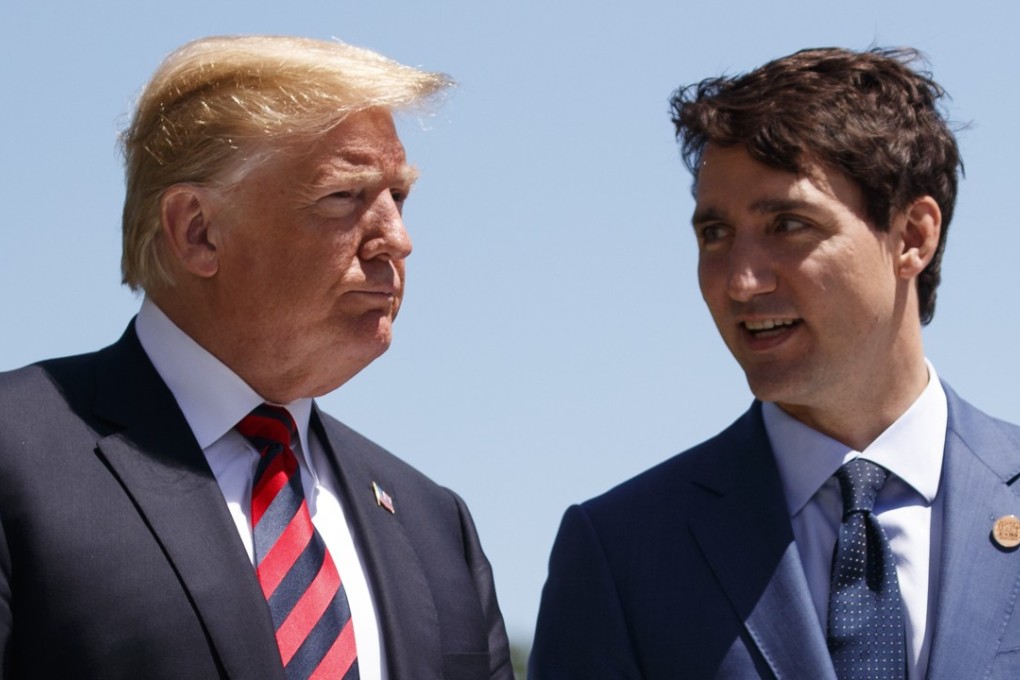EdTalk | Trump, Trudeau and Brexit
The US leader’s harsh rhetoric, and the UK vote to quit the EU, have limited impact on Hong Kong students’ study plans

What impact does the “Trump, Trudeau, Brexit effect” have on university applicants from Hong Kong?
In broad terms, this refers to the less welcoming image of the United States and the United Kingdom in terms of immigration in general, and the relatively benign stance of Canada in this respect, over the past 18 months or so. More specifically, Trump’s “travel ban”, issued during his first months in office, threatened the college futures of many international students, particularly those from certain Muslim-majority countries.
A similar fate loomed over the futures of many European students whose freedom of movement and lower “home” fees were suddenly endangered by the Brexit referendum result. EU fee status is, however, currently guaranteed up to the 2018/19 academic year, and for the duration of that degree course.
In contrast, Canada’s relatively open policy towards international students, and the greater scope for such students to work and, ultimately, reside in Canada, seemed to present a more attractive prospect. Justin Trudeau’s broad and youthful smile, compared to Donald Trump’s belligerent rhetoric, tends to personify and reinforce this contrast.
In contrast, Canada’s relatively open policy towards international students, and the greater scope for such students to work and, ultimately, reside in Canada, seemed to present a more attractive prospect
Perception can be a powerful thing and, ignoring the extent to which this is supported by the details, we can see tangible effects on student numbers in this period. Though statistics vary depending on source and focus, there has been a decline in both international students and student visas issued in the US over this period.
While it is more pronounced at graduate level, and is in single percentage figures, it contrasts with a period of steady growth over the past decade and is a cause for concern at many individual colleges.
